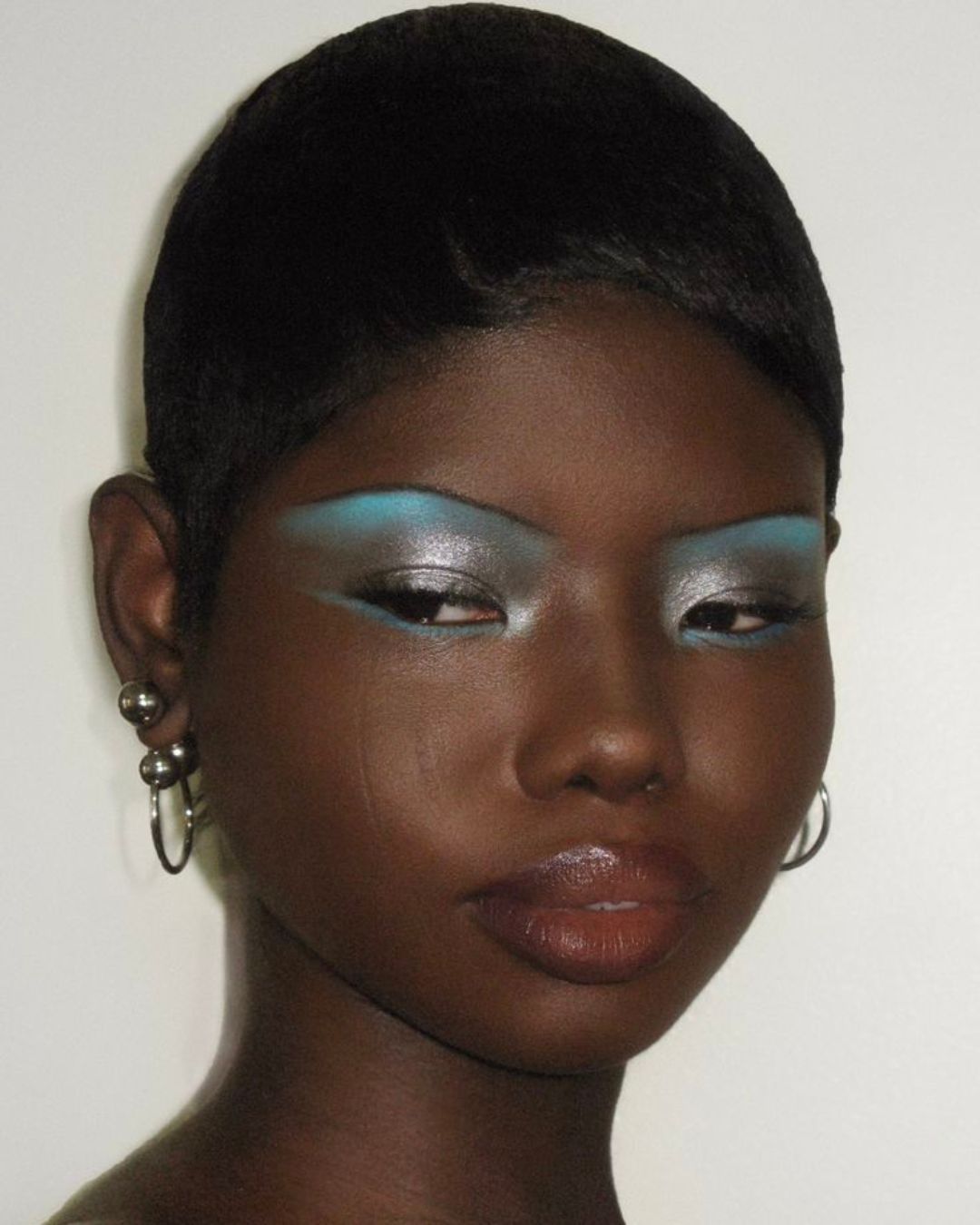
Practical guide to parabens in beauty Should we avoid them?
The new generation of beauty consumers is more attentive than ever. They carefully read labels, inquire about product origins (including packaging materials), and have become adept at navigating ingredients that were relatively unknown until recently, such as retinol or ferulic acid. They love everything sustainable and clean, while distrusting unclear formulations and parabens. For years, we've been told they are harmful, the "number one public enemy" hiding in cosmetics, to the point where the "paraben-free" label has become one of the most effective marketing ploys brands use to induce us to buy. Do they really deserve their bad reputation? Are they as dangerous as people say? Let's try to bring some clarity.
What are parabens?
Parabens are chemical compounds commonly used as preservatives in food, pharmaceuticals, cosmetics, and personal care products. Their function is to keep a product's composition unchanged over time and to prevent the growth of fungi, bacteria, and microorganisms. Parabens are effective, stable, low-cost, and have a low potential allergenic effect, making them used in medical and cosmetic fields for almost a century. That's why - unless otherwise stated - you can find them in lotions, deodorants, shampoos, lipsticks, mascaras, toothpaste, and many other items that are part of our daily lives.
@livvvmarkley Do you avoid parabens? If so why??? #skincare #SeeHerGreatness #parabens #parabenfree оригинальный звук - speed up songs.
Are parabens harmful?
Parabens are among the most controversial elements, at the center of a long debate between those who consider them harmless and those who demonize them, fearing interference with the endocrine system and regular hormone production. Concerns about the potential negative effects of parabens on health have particularly emerged in the last ten years, following a series of studies conducted on mice and Petri dishes suggesting that chronic exposure to parabens can lead to, besides hormonal disturbances, the development of breast cancer. The alarm was raised by a 2004 study by British scientist Philippa Darbre, who found traces of parabens in breast cancer tissue samples. However, the research was later discredited because the sample of only 20 people examined was too limited and also lacked a control group of women without breast cancer. It is true, though, that there is a possibility for some individuals, especially those with sensitive skin, to develop allergic contact dermatitis or new allergies following exposure to parabens. That said - and considering that scientific data is constantly evolving and being reviewed - it seems that low-level parabens in cosmetics do not cause harm.
@madd.aliena Sono l’incubo dei negazionisti. #parabeni #siliconi #parabenfree #siliconicapelli #siliconesfree #skincare #haircare suono originale - Maddalena D’Agostini
Which parabens are harmful?
Consumer concern has driven many beauty brands to eliminate parabens from their ingredient lists, opting for alternatives such as sorbic acid, benzoic acid, or sodium benzoate. Regulatory bodies for food and medicine have also expressed seemingly contradictory opinions. The FDA and CDC have declared parabens safe at any concentration due to a lack of scientific evidence on their effects on human health, while the Scientific Committee on Consumer Safety of the European Union banned isopropylparaben, isobutylparaben, phenylparaben, benzylparaben, and pentylparaben in 2014. Two other types of parabens, propylparaben and butylparaben, are allowed but at low concentrations, with a percentage of 0.14%.
Are parabens harmful to the environment?
Some studies have found parabens in aquatic environments, raising concerns about their potential polluting impact on marine life. However, the Centers for Disease Control and Prevention have stated that parabens "do not persist in the environment." So, what should we do? Avoid parabens or not? The choice is up to us consumers. The important thing, whatever it is, is that the decision is made consciously.

























































